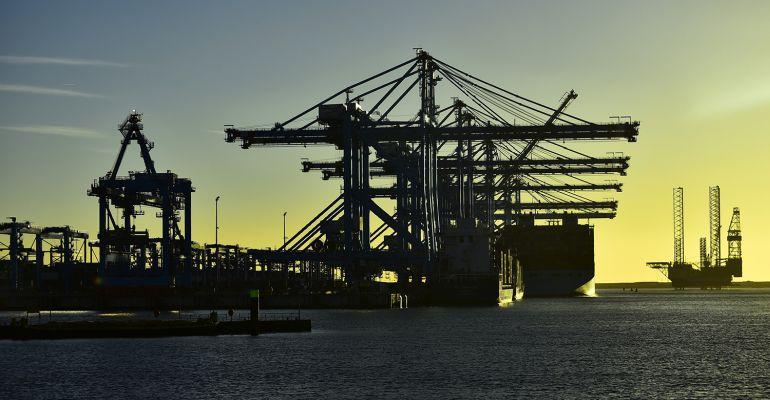Together with the Municipality of Rotterdam, the Port of Rotterdam will install up to 10 new shore power systems in the next five years and then speed up the uptake of shore power in the second part of the decade.
However, the parties will require direct project subsidies to cover the non-profitable shore power projects.
“Putting a price on shipping emissions would considerably improve the business case for shore power while also boosting usage rates. Whereas a permanent tax exemption for shore power and zero emission fuels is needed to create a level playing field with tax exempted fossil fuels,” the Port of Rotterdam said.
Whereas the emissions of berthed ships account for only 2% of the total emissions of logistics chains via Rotterdam, the reduction of emissions in the port is important, especially to improve the living environment in surrounding residential areas.
“Shore power has large socio-economic benefits to deliver, but is certainly not a ‘no regret’ measure that works everywhere; for certain segments and port areas, other measures such as the use of low and zero emission fuels could be far more cost effective in terms of emission reduction,” the authority stated.
The Port of Rotterdam added that it supports the European Green Deal, with the European Commission aiming to become the first climate neutral continent by 2050.
“The reduction of emissions by the shipping industry is part of that ambition,” the port authority said.
“Instead of top-down regulations, we would welcome a tailored approach with progressive ambitions per shipping segment, taking into account local circumstances and costs, while also driving standardisation. We advocate a value chain approach for the rollout of shore power in European ports, based on cooperation and stimulation, rather than regulation.”
By 2030, Rotterdam port aims to supply 90% of the ships visiting public quays in the urban area with shore power, or cold ironing systems.
For roros, ferries, offshore vessels and cruise ships, Rotterdam wants to supply 90% of the visits with shore power by 2030. For large container vessels over 10,000 teu in capacity, the aim is set at 50%. For more complex shipping segments such as bulk shipping, the aim is to provide support in the field of innovation and standardisation.
Copyright © 2024. All rights reserved. Seatrade, a trading name of Informa Markets (UK) Limited.
Add Seatrade Maritime News to your Google News feed.  |

